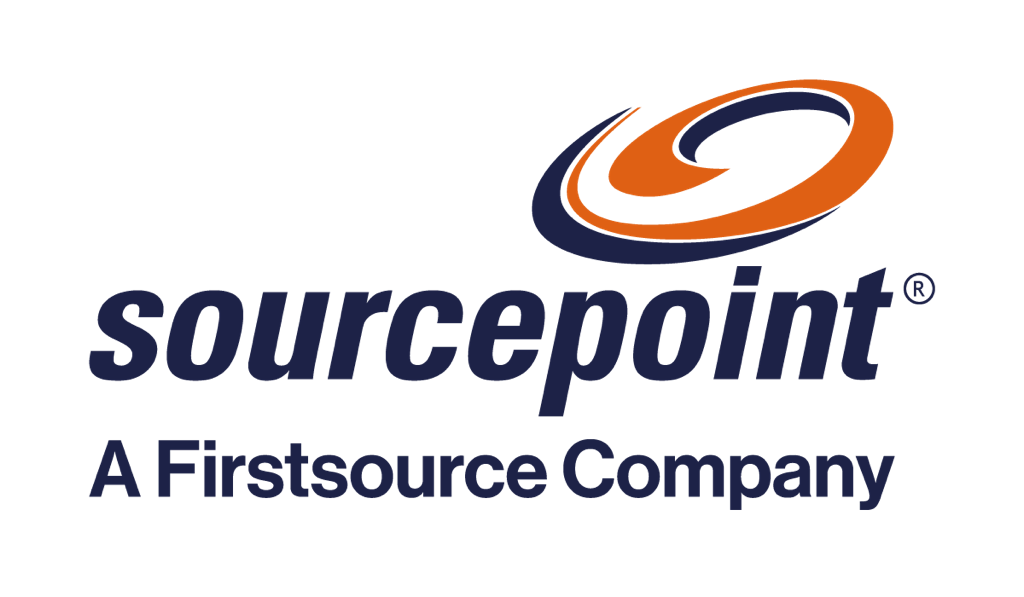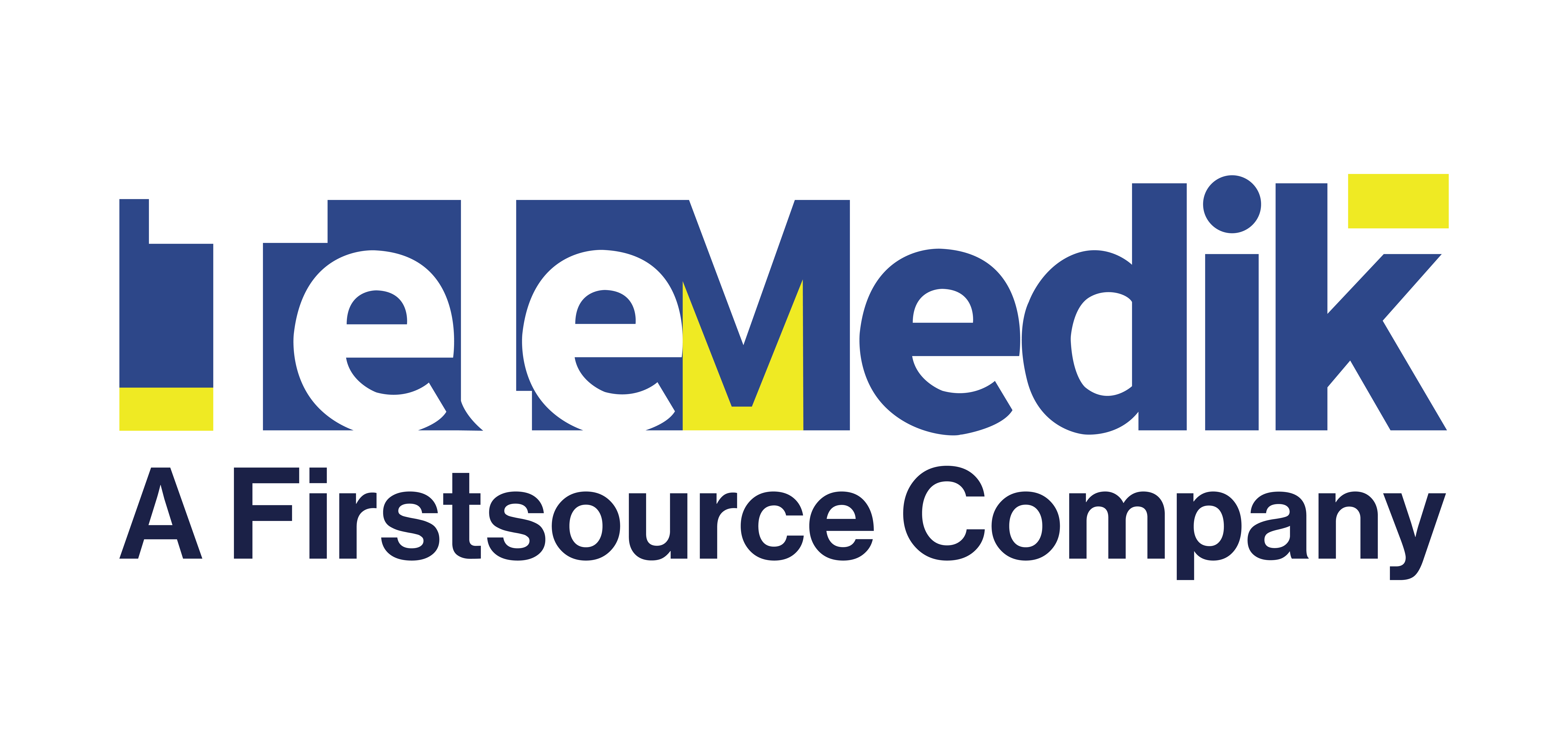Embedding sustainability in everything we do
We recognize the critical importance of protecting our planet and promoting environmental sustainability. As corporate citizens, we believe it is our responsibility to mitigate our environmental impact and contribute to a healthier, sustainable future for generations to come while ‘making it happen’ for our clients by solving their biggest challenges.
With our strong focus on ‘Combating Climate Change, ‘Managing Waste Responsibly’, ‘Reducing Energy Consumption’, ‘Reducing Water Consumption’ and ‘Reducing Emission’. We plan to accelerate our commitments towards climate change through phasing out Greenhouse gases (GHGs) emissions and Ozone Depleting Substance (ODS), investing in energy efficient technologies, efficient water and waste management practices, and migrating towards greener solutions.
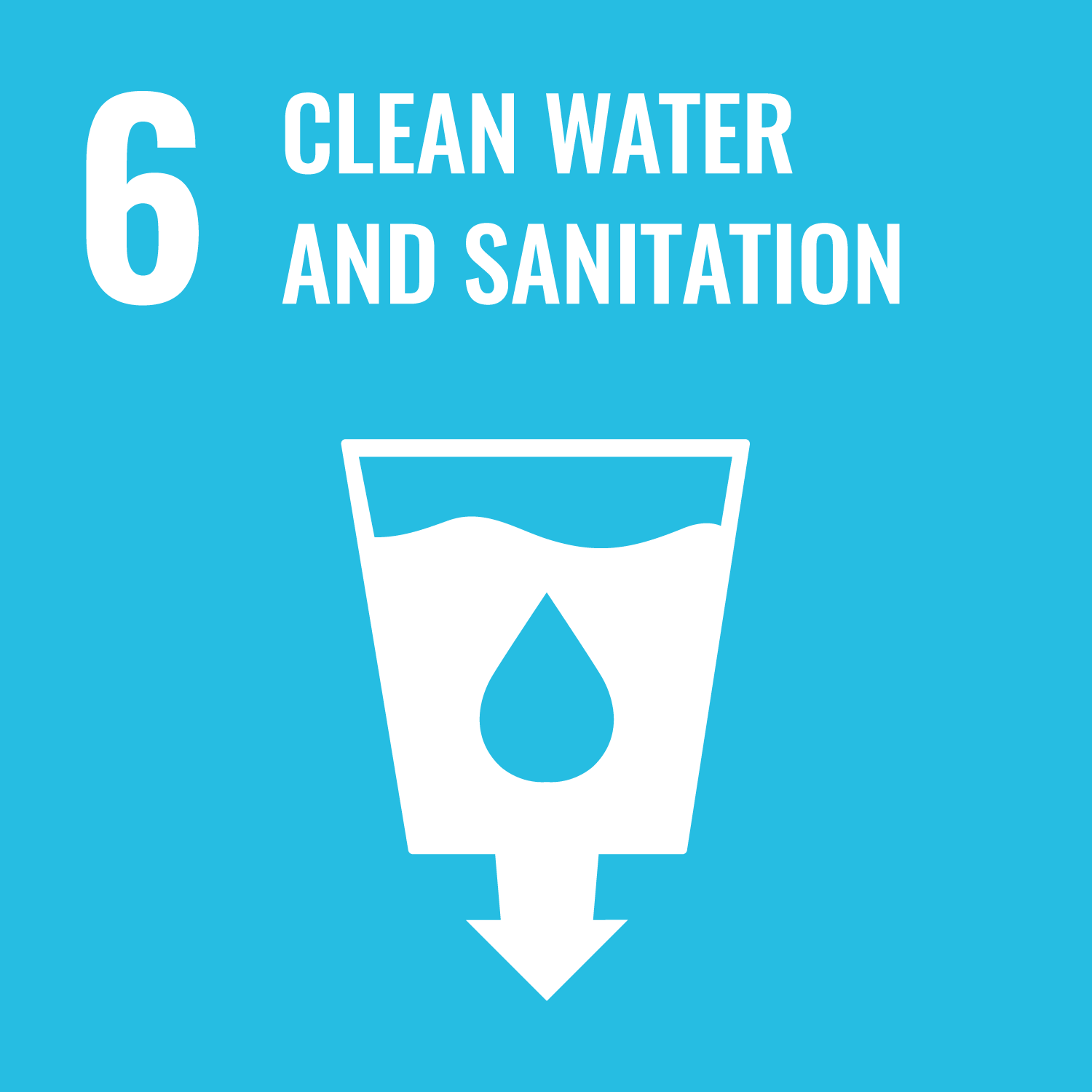
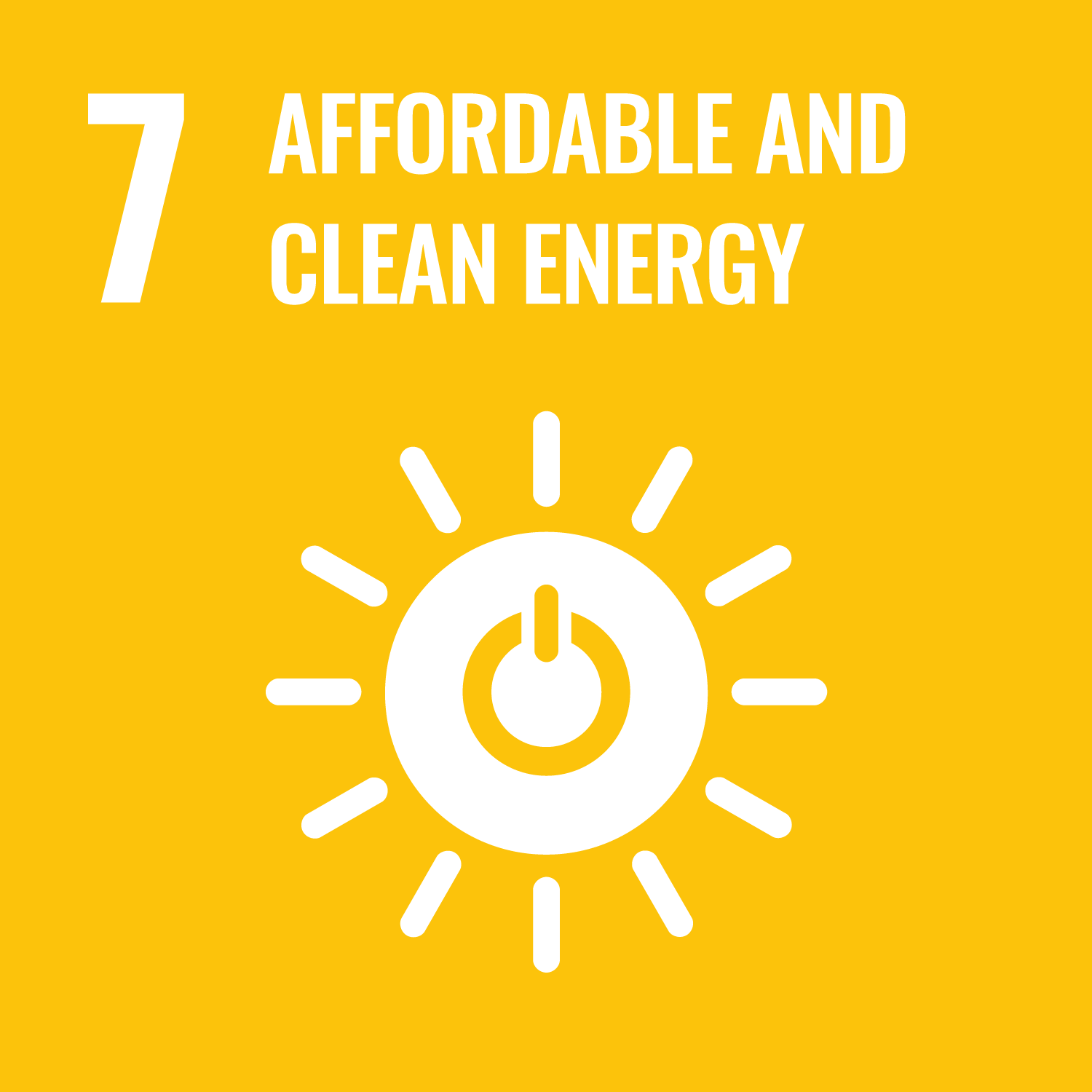
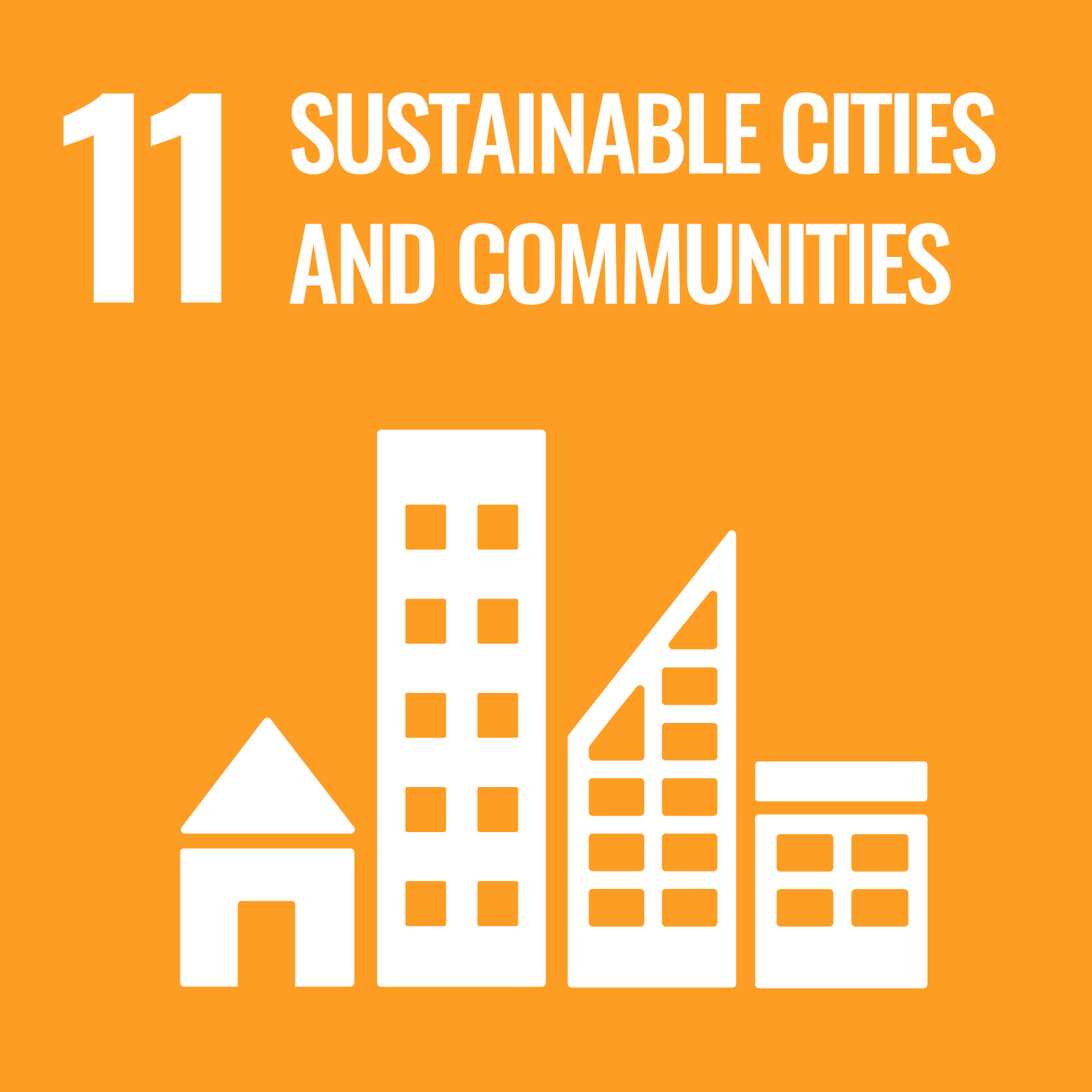
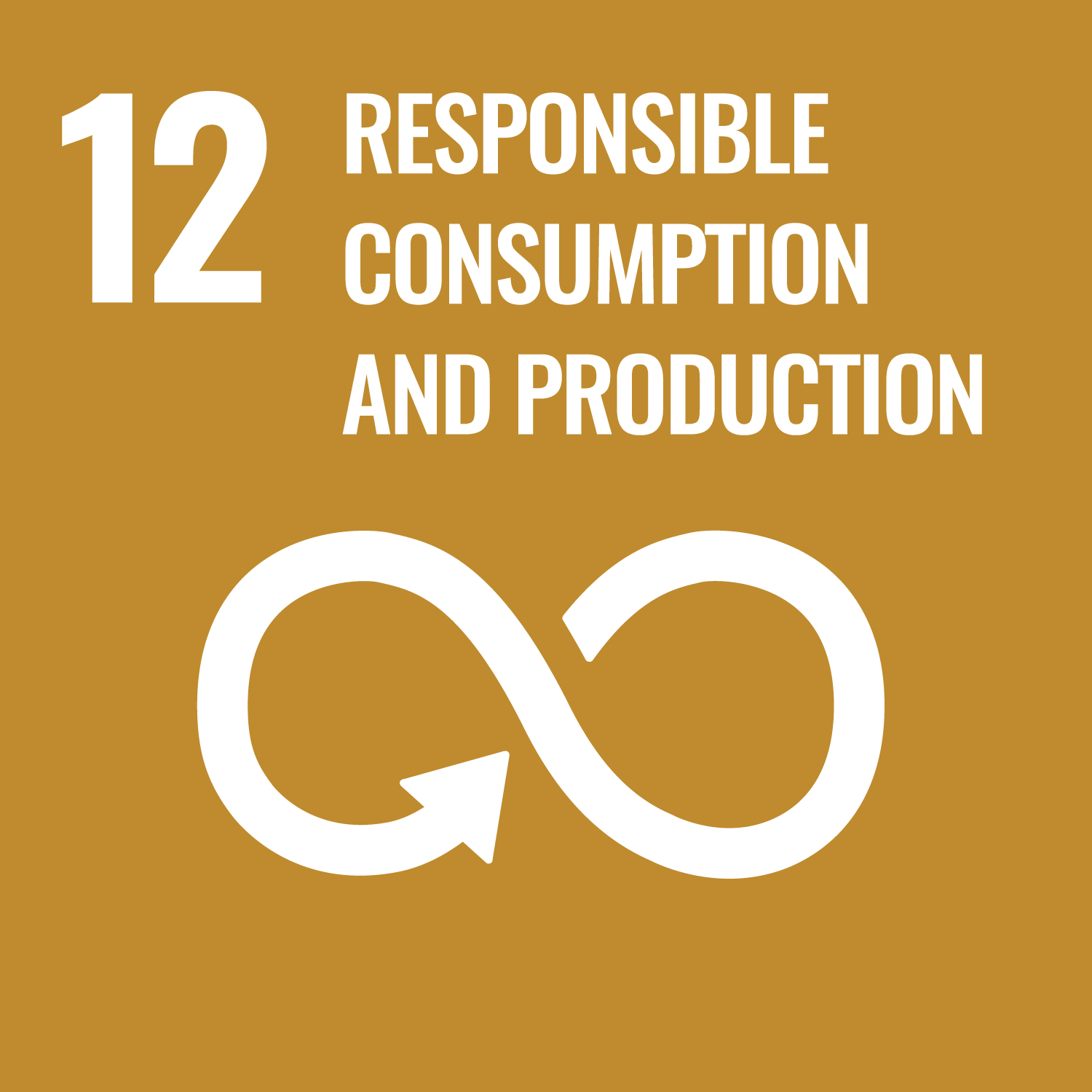
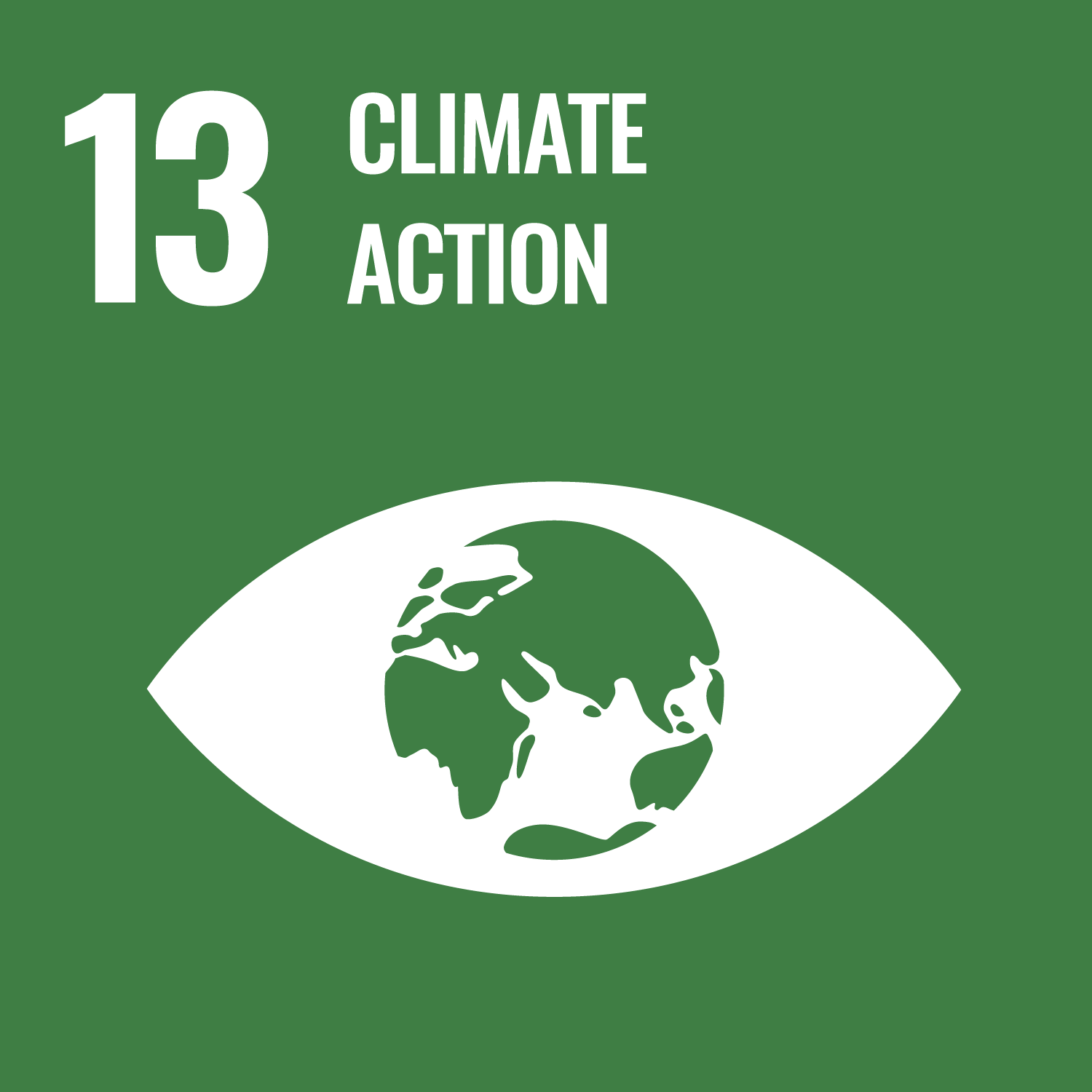
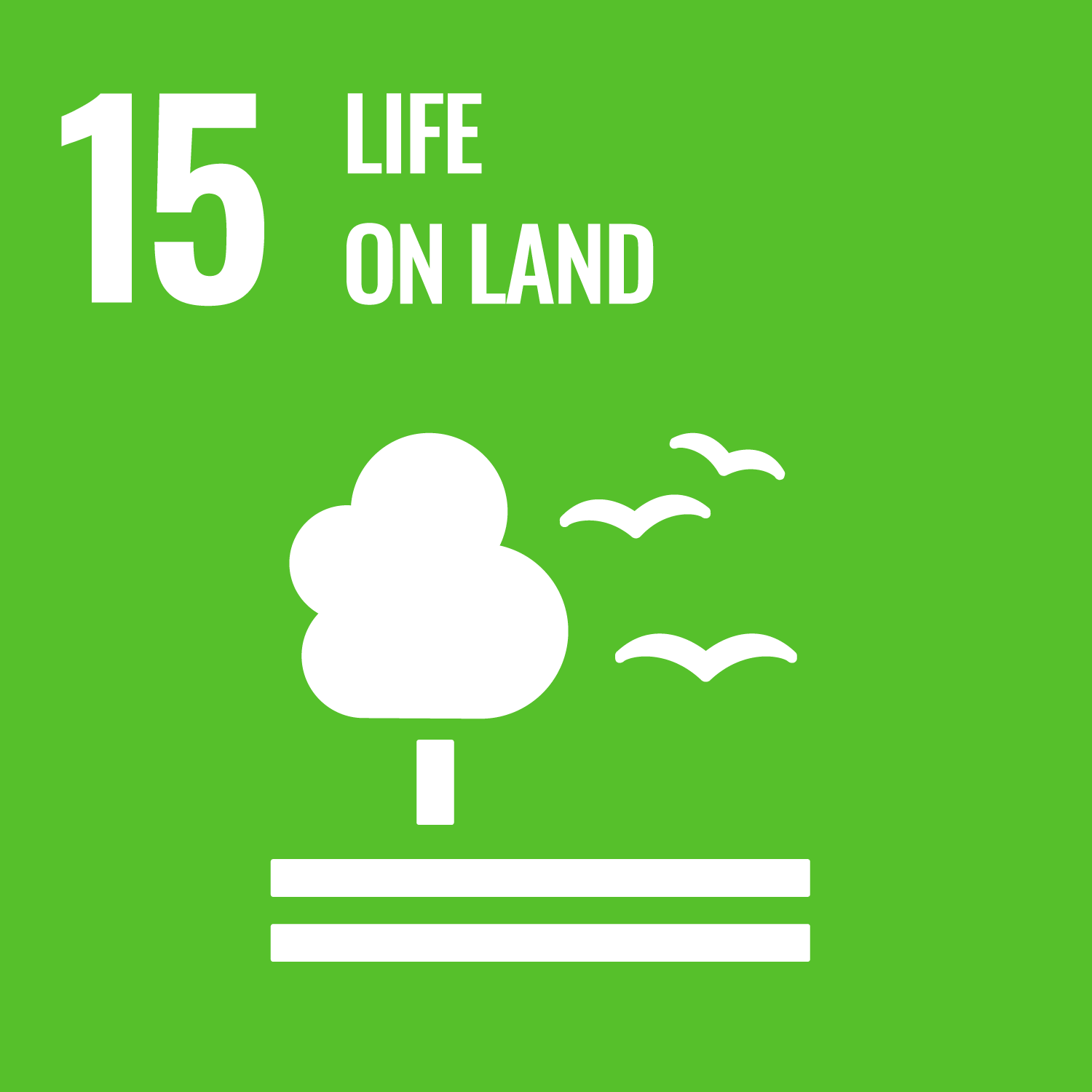
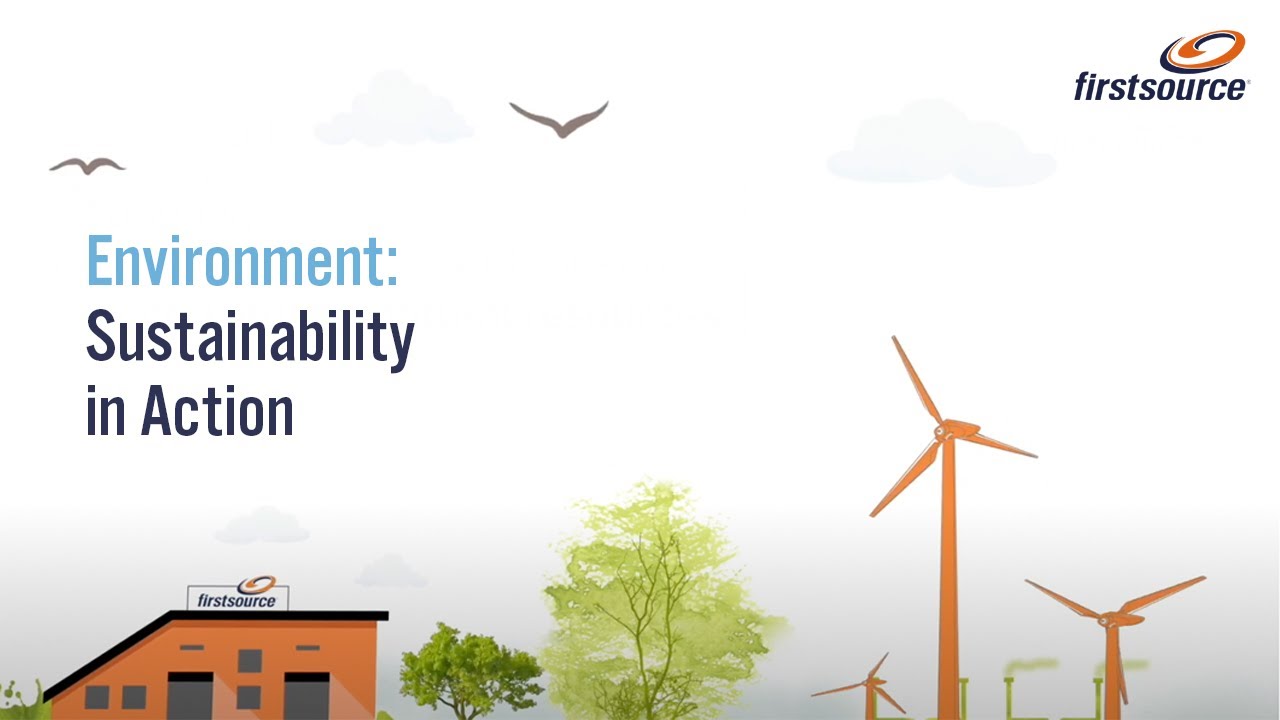
Managing our carbon footprint
In April 2022, we proudly launched ‘Project Planet’ at Firstsource. Project Planet is an initiative that exemplifies our unwavering commitment to environmental sustainability. Project Planet includes a variety of approaches designed to reduce our energy usage and greenhouse gas emissions. Ensuring resource efficiency and reducing our environmental footprint is a priority for our company. Key initiatives include – moving towards a paperless workplace, installing sensor-based low energy LED lights, and using refurbished IT systems and furniture.
Through our constant strides to reduce the GHG emissions we have successfully reduced Scope 1 emissions by 100% in FY2024-25. Our Renewable Energy consumption increased by 163.87% in comparison to FY2023-24 , as 25% of our offices are now powered by renewable energy.
Driving Sustainability: small changes, big impact with seed-based visiting cards
At Firstsource, we’re reducing our environmental footprint by introducing seed-based visiting cards—a tree-free, chemical-free, and biodegradable alternative to traditional cards.
Millions of trees are lost annually to paper production, contributing to deforestation and waste. As part of our commitment to UN Sustainable Development Goal 12: Responsible Consumption and Production, these new visiting cards, made from agricultural waste, feature embedded marigold or tomato seeds. After use, they can be planted to grow into vibrant plants, promoting biodiversity with minimal water and sunlight.
By making this simple change, we’re contributing to waste reduction, environmental responsibility, and a greener future. Together, we’re making it happen – big impact through small, thoughtful actions!

Implementing Change
At Firstsource, we’re reducing our environmental footprint by introducing seed-based visiting cards—a tree-free, chemical-free, and biodegradable alternative to traditional cards.
Millions of trees are lost annually to paper production, contributing to deforestation and waste. As part of our commitment to UN Sustainable Development Goal 12: Responsible Consumption and Production, these new visiting cards, made from agricultural waste, feature embedded marigold or tomato seeds. After use, they can be planted to grow into vibrant plants, promoting biodiversity with minimal water and sunlight.
By making this simple change, we’re contributing to waste reduction, environmental responsibility, and a greener future. Together, we’re making it happen – big impact through small, thoughtful actions!
As part of our dedication to reducing carbon footprint and promoting sustainability, we have initiated an ‘Electric Vehicle (EV)’ project in India. We have made changes to our transport vendors and aim to replace 50% of our transport vehicles with EV vehicles by 2027. In addition we are actively pursuing discussions with landlords to install EV charging stations within our facilities.
We switched to LED lighting systems with motion sensors at our workstations.
We moved to the Cloud and are now working to make our operations more energy efficient by reducing server load - resulting in greater server efficiency and lower energy consumption. To improve our energy efficiency, we have installed smart meters and integrated occupancy sensors.
Raised the ambient air conditioner temperature by 1 degree to reduce power consumption and rationalized the use of chiller compressors.
Responsible Waste Management
As a technology company, we generate e-waste, which if not properly disposed can have adverse environmental impact. Our waste disposal practices involve sending 100% of waste to responsible handlers, and We are in the process of implementing “Zero waste to landfill” policy across all our locations. on a global scale.
Our waste management approach is guided by the 5R concept i.e. refuse, reduce, reuse, repurpose and finally, recycle.
Our Commitment to Responsible Water Stewardship
At Firstsource, we recognize that responsible water management is crucial to both environmental sustainability and operational resilience. During the fiscal year 2024–25, we conducted a comprehensive Water Assessment across our global operations, which demonstrated a significant achievement, a reduction in water usage per person, outperforming the global benchmark of 50 liters per person per day. This reflects our ongoing dedication to optimizing water efficiency and minimizing environmental impact.

Key Initiatives driving Water Conservation:
Smart Water Management: We have installed sensor-based water taps equipped with accelerometers to intelligently monitor and significantly reduce water wastage across our facilities.
Water Consumption Monitoring: Continuous and active tracking of water usage at sites where feasible enables us to identify efficiency opportunities and maintain responsible consumption levels.
Water Recycling & Harvesting: Recycling plants and Rainwater harvesting systems at select sites to reduce dependence on freshwater sources. Non-potable wastewater is recycled through Sewage Treatment Plants (STPs), where available, and reused for flushing and horticulture.
These efforts align with our broader ESG goals and demonstrate our proactive approach to environmental sustainability.
We have also internally conducted Water Risk Profile across Our global operations. Through a comprehensive assessment of 56 facilities worldwide, we have identified varying levels of water-related risks linked to critical river basins such as India’s Ulhas, Arkavathy/Vrishabhavathi, and East Coast basins, as well as key international watersheds including Cebu Island (Philippines), Valley of Mexico Basin, and basins across the USA and South Africa.
These risks encompass water scarcity, declining water quality, urban flooding, and evolving regulatory challenges factors driven by both environmental changes and increasing urbanization. Notably, between 5% to 7% of our facilities in certain basins face high or extremely high exposure, which could potentially impact significant portions of our revenue.
By integrating this water risk data into our enterprise-wide governance and operational planning, we proactively develop targeted water stewardship programs, enhance resilience, and engage with suppliers to mitigate impacts. Our approach ensures we sustain not only business continuity but also support the communities and ecosystems connected to the watersheds where we operate.





